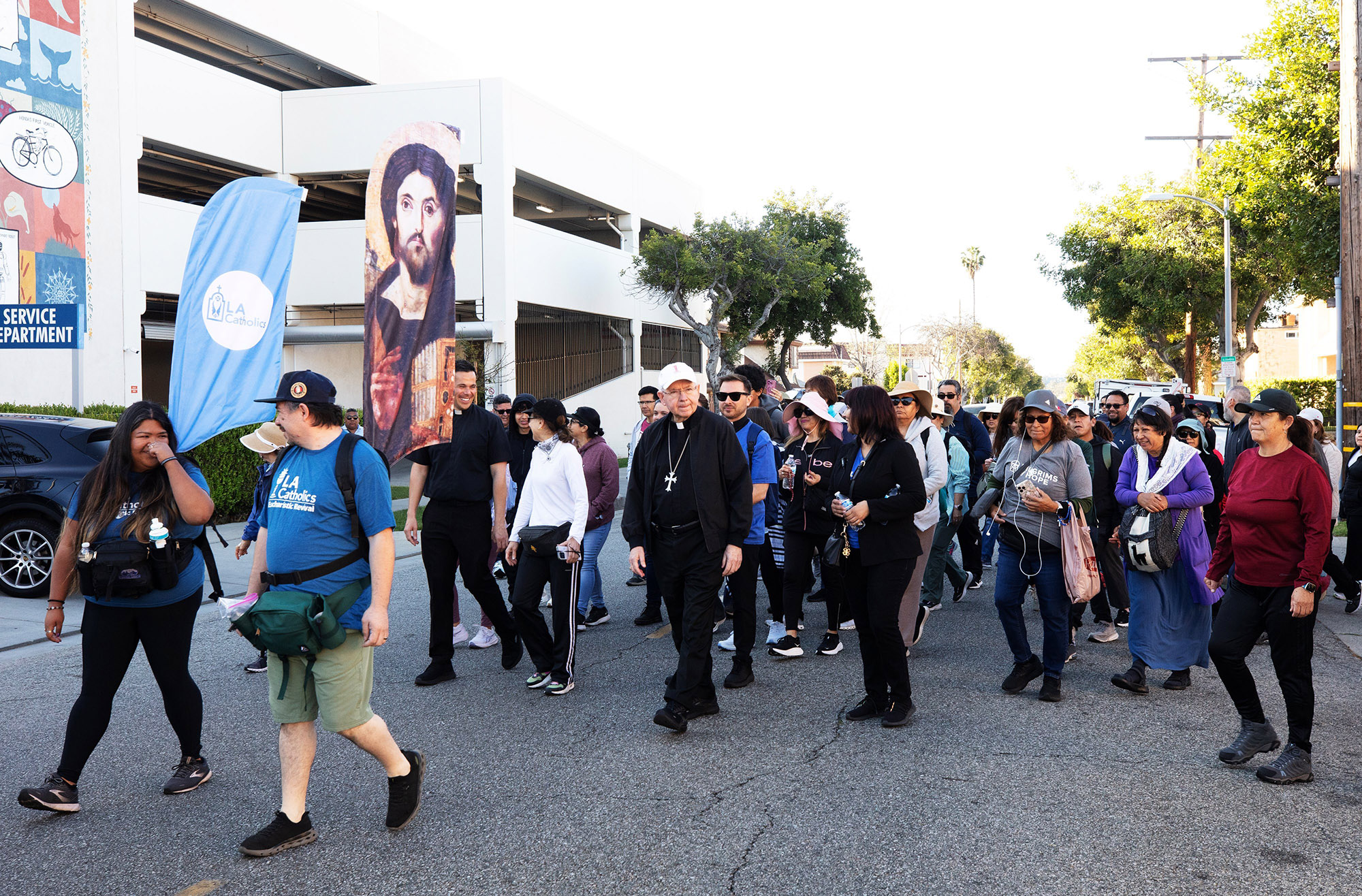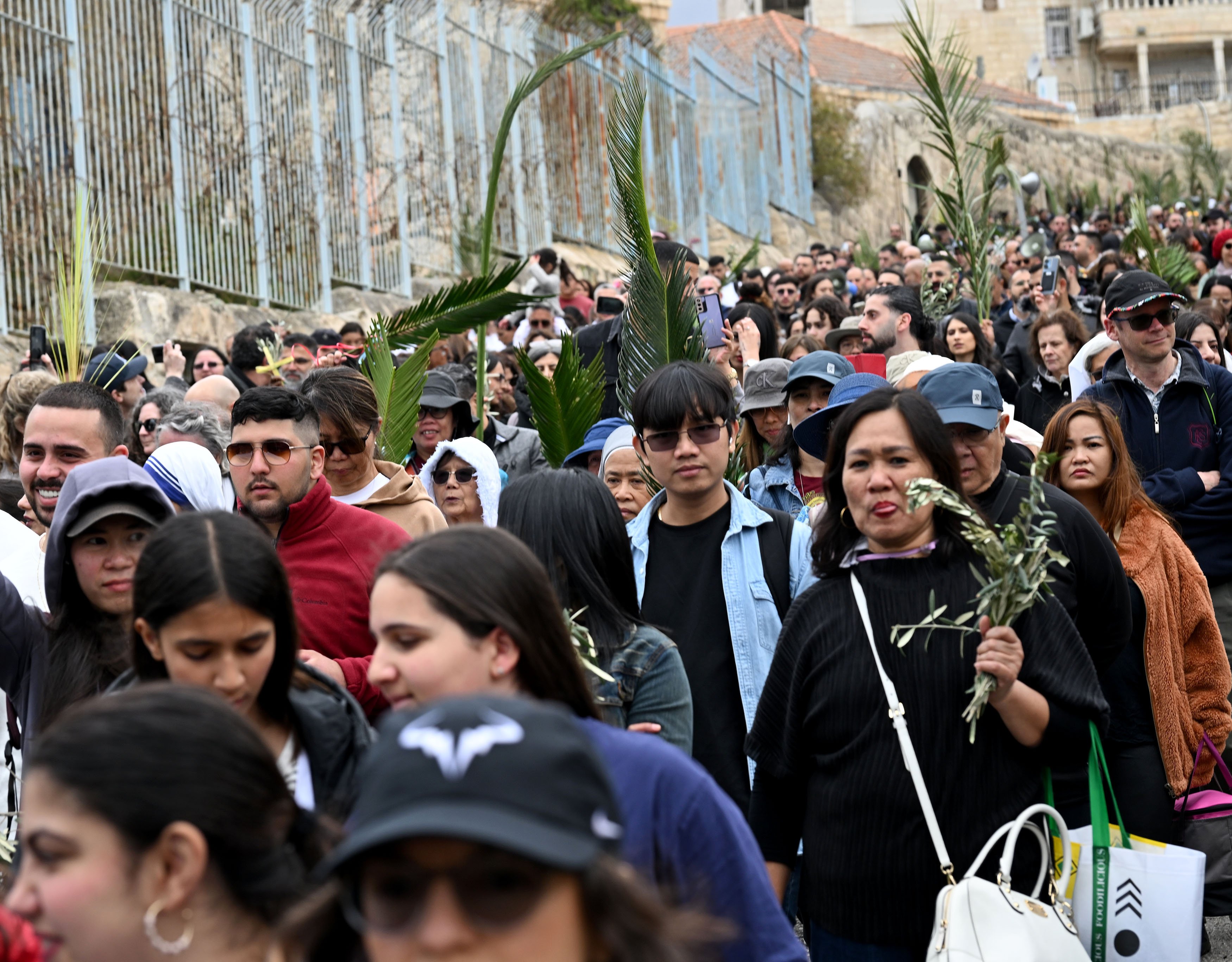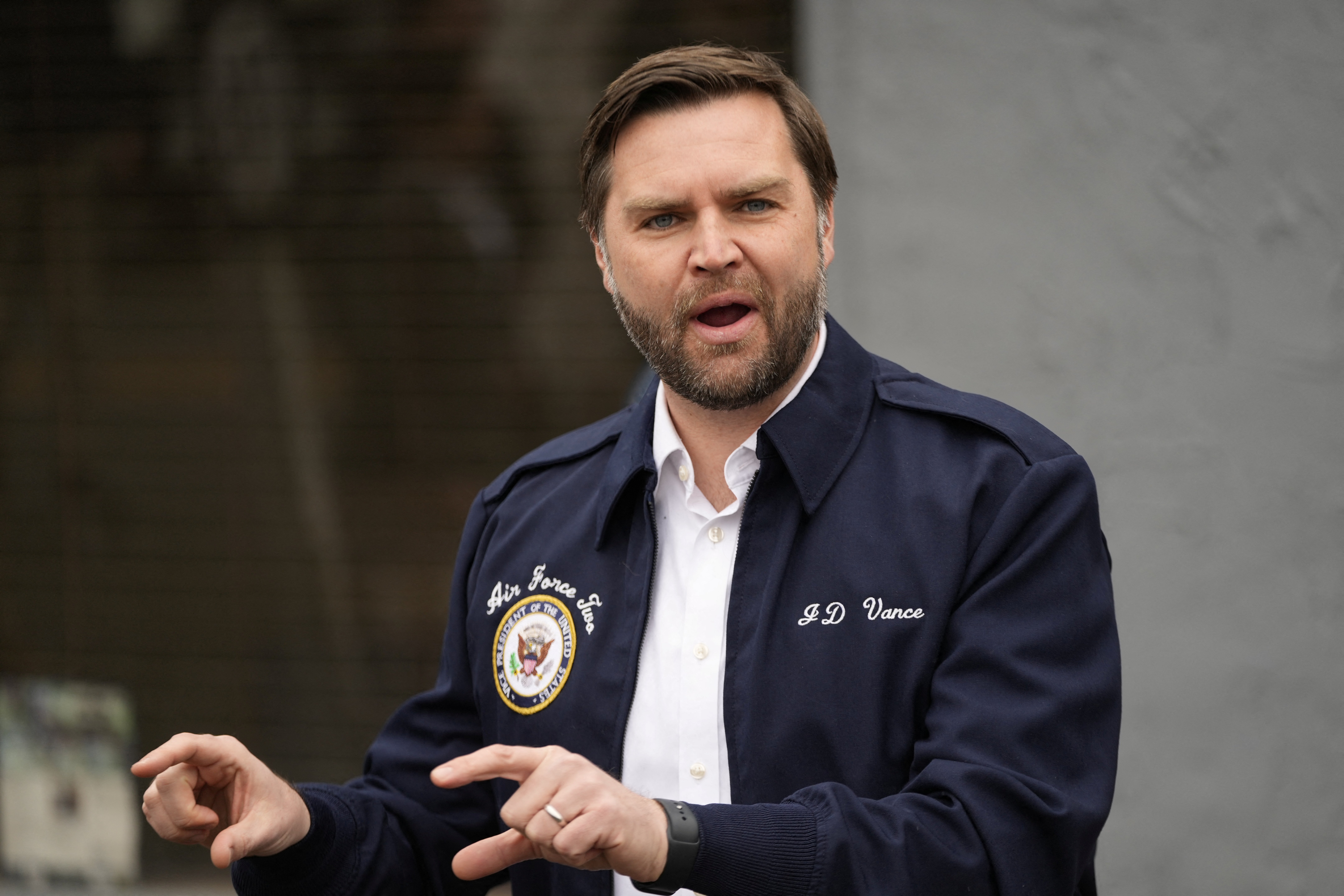Abp. Broglio: Martin Luther King Jr. challenges all to ‘live out’ solidarity, human dignity
The words of slain civil rights leader Rev. Dr. Martin Luther King Jr. continue to challenge all “to live out the principle of solidarity and human dignity,” the president of the U.S. Conference of Catholic Bishops said.
Archbishop Timothy P. Broglio of the U.S. Archdiocese for the Military Services reflected on Rev. King’s legacy in a Jan. 10 statement ahead of the Martin Luther King Jr. federal holiday, which is observed on the third Monday of January and which this year is Jan. 20.
The commemoration was created after a 32-year-campaign to nationally recognize the life and work of King, a Baptist minister and Nobel Peace Prize winner who spearheaded the U.S. civil rights movement from the mid-1950s until his assassination in 1968. He was just 39 years old.
Profoundly influenced by the nonviolent approach of Indian activist Mahatma Gandhi, King led campaigns to end legal segregation of Black Americans in the U.S. in the face of at-times violent opposition.
Among the most celebrated of these efforts were the 1955-1956 Montgomery, Alabama, bus boycott; the 1963 March on Washington, which drew more than 200,000 demonstrators; and the 1965 march from Selma, Alabama, to that state’s capital in Montgomery.
King’s sermons, speeches and texts drew on his extensive theological training, and Archbishop Broglio opened his Jan. 9 statement with a quote from “Letter from a Birmingham Jail,” which King wrote following his April 1963 arrest for violating an Alabama law against mass public demonstrations.
In the letter, King responded to fellow clergy members’ criticism of the civil rights campaign, declaring, “Injustice anywhere is a threat to justice everywhere.”
“In reflecting on the continuing realities of racial injustice, immigrant families seeking welcome, and economic disparity, these words remind us that we are connected and responsible for each other as we seek to fulfill the dream,” Archbishop Broglio said in his statement.
The archbishop also cited Pope Francis’ address to Congress during a 2015 apostolic visit to the U.S., in which the pope recalled King’s 1965 Selma-Montgomery march.
Echoing King’s 1963 “I Have a Dream” address in Washington, Pope Francis described the Selma-Montgomery march as part of King’s “campaign to fulfill his ‘dream’ of full civil and political rights for African Americans.”
“That dream continues to inspire us all,” the pope told Congress in 2015. “I am happy that America continues to be, for many, a land of ‘dreams.’ Dreams which lead to action, to participation, to commitment. Dreams which awaken what is deepest and truest in the life of a people.”
“As we approach Dr. King’s holiday, let us be inspired by this righteous man’s work and sacrifice to create a more just society for all of God’s children,” Archbishop Broglio said.






